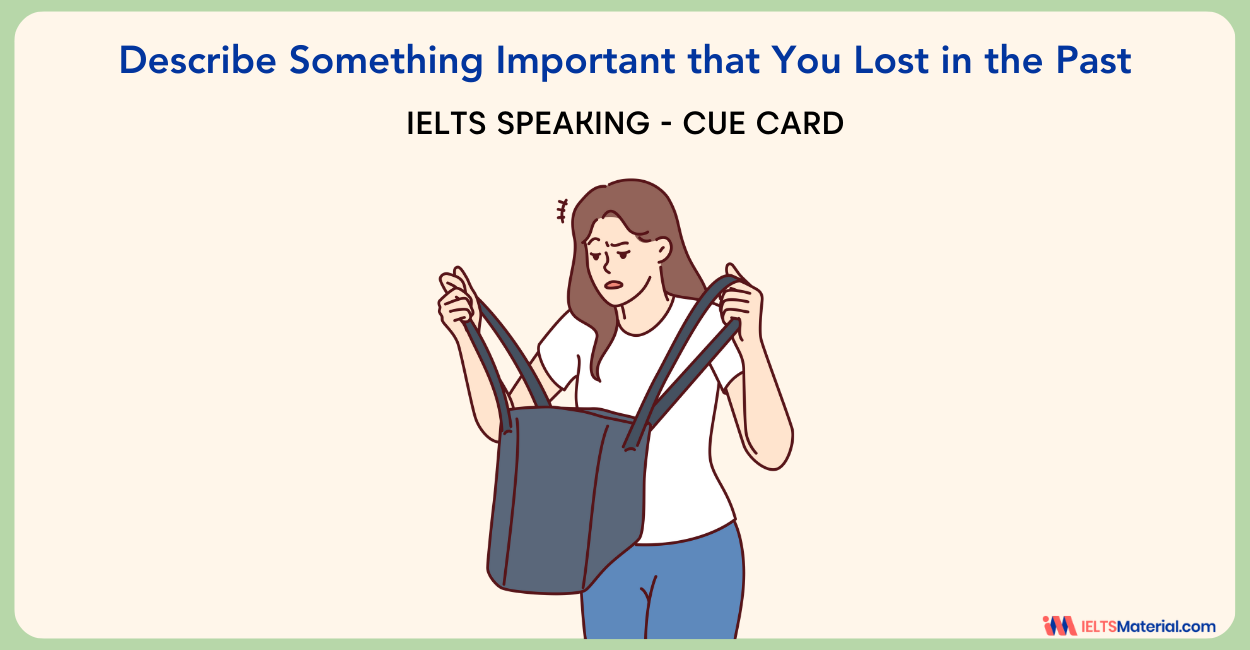TV Program & Movies: IELTS Speaking Part 3 Sample Answer
Table of Contents
Limited-Time Offer : Access a FREE 10-Day IELTS Study Plan!
The IELTS Speaking Module is designed to assess your English Language Speaking Skills. To ensure a good score in the IELTS Speaking Module, you must study and practice the common Speaking Question types. Below is a sample Speaking Module with responses. By studying the sample answers, you can have a reference to begin drafting your own Speaking section answers.
The previous post covers IELTS Speaking Part 2 Topic: TV Drama Series & Model Answers. In this post, we would like to put an emphasis on IELTS Speaking Part 3 topic: TV Dramas & Movies
IELTS Speaking Part 3
1. Are drama series popular in your country? Why?
Sadly, no. Although Gossip Girls was a phenomenon in America, not many people were aware of it in my country. I believe the limited exposure to foreign culture – especially American – as well as the unavailability of cable TV at that time were two main reasons. The very first episode was aired in 2007, roughly 10 years ago and during that time, my country was not as open and liberated as it is now. Therefore, American drama series such as Gossip Girls with lots of unfamiliar practices and lifestyle were not particularly well-received, which also leads us to the second point. Since Gossip Girls contained several sensitive contents, not overly but still, it was not broadcast on TV or other online websites. However, things have changed considerably and nowadays, some youngsters have started to watch the show as it is highly recommended and really enjoy it.
- phenomenon (n): a person or thing that is very successful or impressive
- exposure (n): the fact of being discussed or mentioned on television, in newspapers, etc.
- unavailability (n): the fact that something cannot be obtained
- liberated (a): free from the restrictions of traditional ideas
- well-received (a): getting a good reaction from people
[do_widget id=custom_html-47]
2. What is the difference between young people and old people’s favorite TV drama? Why?
Youngsters and older people may have some different taste in TV drama, but not by much, I believe. Young adults are more into movies with lots of excitement or supernatural factors such as science-fiction, thriller, superhero or comedy. Some of the most popular TV drama series nowadays like Games of Thrones, The Walking Dead or Supernatural all fall under these categories. Meanwhile, older generations tend to value shows that have certain meanings or messages rather than visual effects themselves. Family-friendly dramas or sit-coms are some of their favorites. However, there are also exceptions.
- supernatural (a): that cannot be explained by the laws of science and that seems to involve gods or magic
- fall under (phrasal verb): be included in or classified as
- family-friendly (a): suitable for or aimed at families with children
3. Do you think TV dramas reflect what happens in the reality of society?
As far as I am concerned, many TV series have been inspired from real-life materials, which proves to be an endless source for writers and movie makers. They are sometimes based on actual events and added some fictional factors for more excitement. Lots of social aspects have been depicted on screen like political issues, crimes, violence and so on. Despite being exaggerated sometimes (or not), these shows somehow reflect current situations in reality. TV dramas such as House of Cards, Suits and most recently, 13 Reasons Why are attracting more and more viewers for their compelling and real-life contents.
- fictional (a): not real or true; existing only in stories; connected with fiction
- depict (v): to describe something in words, or give an impression of something in words or with a picture
- compelling (a): that makes you pay attention to it because it is so interesting and exciting
4. Do you think people will change their preference of TV dramas when getting older?
I suppose that is likely to happen since most things change over a course of time and so does our taste in TV programs. This may result from the changes in our perception of life and surroundings as we grown into maturity. For instance, when you were a kid, cartoons or other colorful and energetic TV shows such as Tom & Jerry and Teletubbies were your favorite even though you didn’t understand them. However, during your teenage years, you preferred chick flicks like Twilight or Mean Girls since you adored irresistible vampires and happy-ending romance. If these are any signs, adulthood will surely change your appetite in TV series, too and shows with more complicated plots and characters like House of Cards or Scandal might suit your taste better.
- over a course of time: in or during the process of
- chick flick (n): a movie that appeals mainly to women
- adulthood (n): the state of being an adult
5. What is the difference between foreign dramas and ones in your country?
I think there are a lot to mention, since the differences are quite significant. The first thing is the plot. The social practices and situations between my country and the others are different in many ways, therefore, dramas reflect different issues since they are mostly based on reality. Besides, technology in film industry here is not as advanced as those in foreign films. Their visual or other special effects have reached another level and we still have a lot to catch up.
6. What is the influence of foreign show on people in your country?
It’s quite true that whatever people watch will have some certain effects on them, which is why government has strict control over all the programs currently broadcasting, especially foreign ones. Due to significant differences in lifestyle and the way of thinking, national viewers might find it strange at first, however, constant exposure to international programs will get them familiarize with foreign practice, building cultural tolerance and understanding. Additionally, people can get a better view of the world since they are taken to different places, visiting breathtakingly beautiful destinations where they may never have a chance to travel to.
- have control over (idiom): have the power to direct or manage someone or something
- cultural tolerance (n): respect, acceptance and appreciation towards the rich diversity of our world’s cultures
7. Somebody says soap opera doesn’t come from real life, what do you think? Why?
In my opinion, soap operas, indeed, are fictional shows but just like any other TV series, they are inspired from real-life situations and deliberately exaggerated, sometimes too much. Unlike dramas, soup operas usually focus on family dramas and the longer they are, the more emotional and melodramatic they get. And even though soap operas portrait characters’ day-to-day life, how these people resolve their problems is by no means typical. Hence, it is understandable that many refuse to acknowledge that soap opera comes from reality.
- deliberately (adv): done in a way that was planned, not by chance
- melodramatic (a): full of exciting and extreme emotions or events; behaving or reacting to something in an exaggerated way
- by no means: not at all
8. Do you think soap opera will have bad influence on children?
Children are highly impressionable beings and can easily pick up words and manners from surroundings; therefore, I believe they should be encouraged to watch programs appropriate for their age. Yet, soap operas, for example, may do more harm than good. The characters in these shows always seem to overanalyze and exaggerate things more than they should, even for a TV show. Hence, if children follow these programs, they could develop false attitudes and improper behaviors when dealing with similar situations in real life.
- impressionable (a): (of a person, especially a young one) easily influenced or affected by somebody/something
- pick up (phrasal verb): obtain, acquire, or learn something, especially without formal arrangements or instruction
- do more harm than good (idiom): to be damaging and not helpful
- overanalyze (v): analyze (something) in too much detail
- improper (a): not suited or appropriate to the situation
- false (a): wrong or mistaken, because it is based on something that is not true or correct
Bonus question for practice: Are action films popular in your country?
Also check :
Start Preparing for IELTS: Get Your 10-Day Study Plan Today!
Explore other Speaking Part 3 Actual Test Questions

Courtney Miller

Janice Thompson

Janice Thompson

Kasturika Samanta
Recent Articles
Nehasri Ravishenbagam

Nehasri Ravishenbagam

Nehasri Ravishenbagam

Kasturika Samanta



Post your Comments